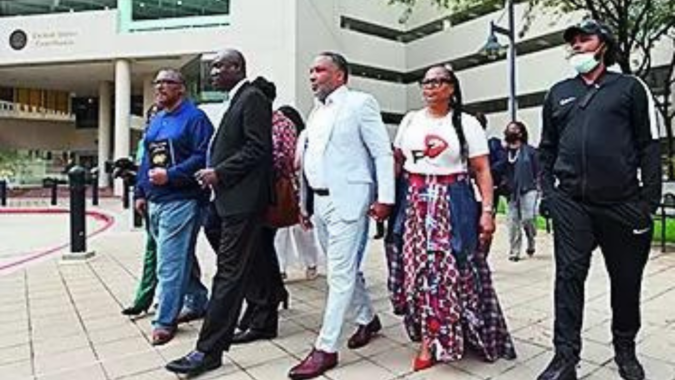The invasive procedure led to a revolutionary discovery: Her cells were the first to reproduce in a laboratory, which no human cells had done before, allowing researchers to develop vaccines for polio and the coronavirus and treatments for disease, including cancer, Parkinson’s and the flu.
But it would be more than two decades before her family knew that the cells were fueling research in laboratories all over the world, and even in space, creating an unparalleled medical legacy. On Tuesday, which would have been Lacks’ 103rd birthday, some of her descendants gathered at a news conference after reaching a settlement with a biotechnology company that they had accused in a lawsuit of profiting from the cell line named for her, HeLa. A grandson, Alfred Lacks Carter Jr., said, “It could not have been a more fitting day for her to have justice.” “It was a long fight, over 70 years, and Henrietta Lacks gets her day.”
The family’s lawsuit, which was filed in US district court in Maryland in 2021, accused the company, Thermo Fisher Scientific, of selling the cells and trying to secure intellectual property rights on the products the cells had helped to develop without compensating the family or seeking their permission or approval. The terms of the settlement are confidential, lawyers for both parties said in a statement.
A poor tobacco farmer from southern Virginia, Lacks got married and moved with her husband to Turner Station, a historically Black community outside Baltimore. They were raising five children when doctors discovered a tumor in Lacks’ cervix and saved a sample of her cancer cells collected during a biopsy. Lacks died at age 31 in the “coloured ward” of Johns Hopkins Hospital. She was buried in an unmarked grave.
